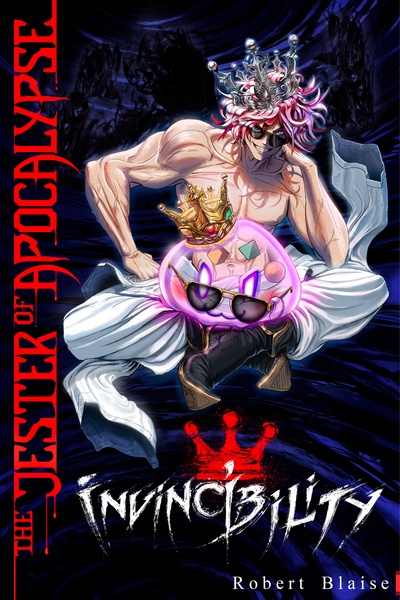
When you use torrenting software, by contrast, your computer takes bits of a song from lots of other computers on a network and downloads them all at the same time.
UTTERLY ALONE DOWNLOAD
The first wave of file-sharing networks, like Napster, had used peer-to-peer technology to connect someone who wanted to download a song with someone who already had the song on their computer. Within months of setting up Spotify, Ek and Lorentzon bought μTorrent and hired its founder, Ludvig Strigeus, as lead developer.

UTTERLY ALONE FOR FREE
Making Spotify available for free was one of the ways the company tried to compete with illegal downloading another was borrowing the technology that facilitated piracy. Their background in advertising wasn’t irrelevant: if people were going to use Spotify without paying anything, its free service would have to be subsidised by ads. He had already built an online advertising firm, Advertigo, which he had sold to Tradedoubler, a digital marketing company co-founded by Lorentzon. Ek was a 23-year-old programmer from Rågsved, a suburb of Stockholm. Neither of them had worked in music before. When Daniel Ek and Martin Lorentzon founded Spotify in 2006, they were adamant that the company had to offer a free service. It won 7 per cent of Swedish votes in the 2009 European elections. Sweden’s Pirate Party was founded three years later, on a platform of providing ‘access to free communication, culture and knowledge’. For at least some of the people involved, piracy went along with an ideological commitment to the free transmission of information: the Pirate Bay was set up in 2003 by Piratbyrån (the Bureau of Piracy), a Swedish collective critical of copyright law. Three file-sharing services, Kazaa, μTorrent and the Pirate Bay, had Swedish roots.

In the mid-2000s, it was estimated that 1.2 million people in Sweden – out of a population of nine million – had shared pirated files. It’s both surprising and unsurprising, then, that the company started up in a country where music piracy was more prevalent than anywhere else in Europe.

In the event, it is Spotify – with more than 500 million users, 200 million of whom pay for a monthly subscription – which has been primarily responsible for making this happen. It was repeated often enough that it became a cliché: people could be tempted away from piracy, the argument went, only if it became significantly easier to access music legally than to download it illegally. I n the early 2000s, after Napster had blown up the old model for buying and selling music, an idea took hold.


 0 kommentar(er)
0 kommentar(er)
